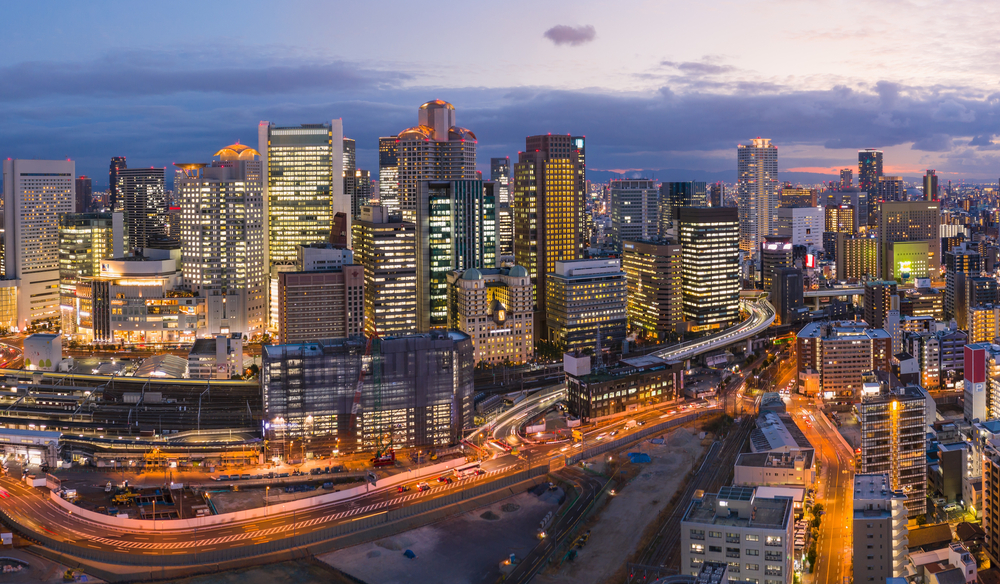Circular economy stays essential in the face of climate emergency
Embracing a circular economy is essential in addressing the climate emergency and reducing global emissions

The world is facing a climate emergency, with global emissions causing severe damage to the planet. To combat this, environmental organisation Zero Waste Scotland discussed the essentiality of a circular economy. A circular economy is crucial in the face of the climate emergency and escalating global emissions.
The majority of our carbon footprint stems from the production, consumption, and waste of products and materials. To combat climate change, the linear system of making, using, and disposing of products must be transformed. The goal of a circular economy is to eliminate waste by maximising the lifespan and value of resources used in production. This involves designing products with their entire life cycle in mind, promoting reuse and repair, and creating new products from old through recycling and remanufacturing.
Embracing a circular economy necessitates reevaluating our relationship with material possessions. It can be achieved through regenerative design, reuse and repair initiatives, recycling practices, circular manufacturing, remanufacturing processes, and business models based on leasing and servitisation.
Related: Exploring efficient design: The beauty of reusing rather than discarding
Ingram Micro Lifecycle, a technology-centric company, noted how a circular economy offers several benefits. Firstly, it helps cut carbon emissions by extending the lifespan of technology, reducing the need for new production. This is important considering manufacturing technology contributes to over half of global CO2 emissions.
Secondly, it reduces toxic waste generated from e-waste processing, which often involves harmful practices. By extending the life cycle of devices, the burden on e-waste facilities is eased, promoting recycling and safe disposal.
Thirdly, a circular economy conserves natural resources by salvaging reusable parts from obsolete technologies, reducing the strain on raw materials. Additionally, it offers value return through refurbishing and reselling devices, contributing to the commerce market and generating revenue.
Lastly, it reduces downtime for businesses by maintaining a stock of refurbished devices for immediate replacement. Adopting a circular economy approach in various industries, including technology, can result in substantial environmental and economic benefits, saving costs and making companies more sustainable.
The Property Report editors wrote this article. For more information, email: [email protected].
Recommended
6 ways Bekasi is driving sustainable growth in Indonesia
One of Greater Jakarta’s rising stars is prospering, thanks to ample recreation and a contingent of desirable housing projects
ARES White Paper Volume 3: The era of adaptive reinvention
Pioneering sustainable and innovative practices in urban development
ARES White Paper Volume 2: Unravelling the power of data revolution in real estate
Insights on proptech, smart cities, and sustainable development
ARES Digital White Paper Volume 1: The fundamentals of responsible building
Green and climate heroes join forces to discuss how Asia Pacific can weather the current environmental crises and the looming effects of climate change






